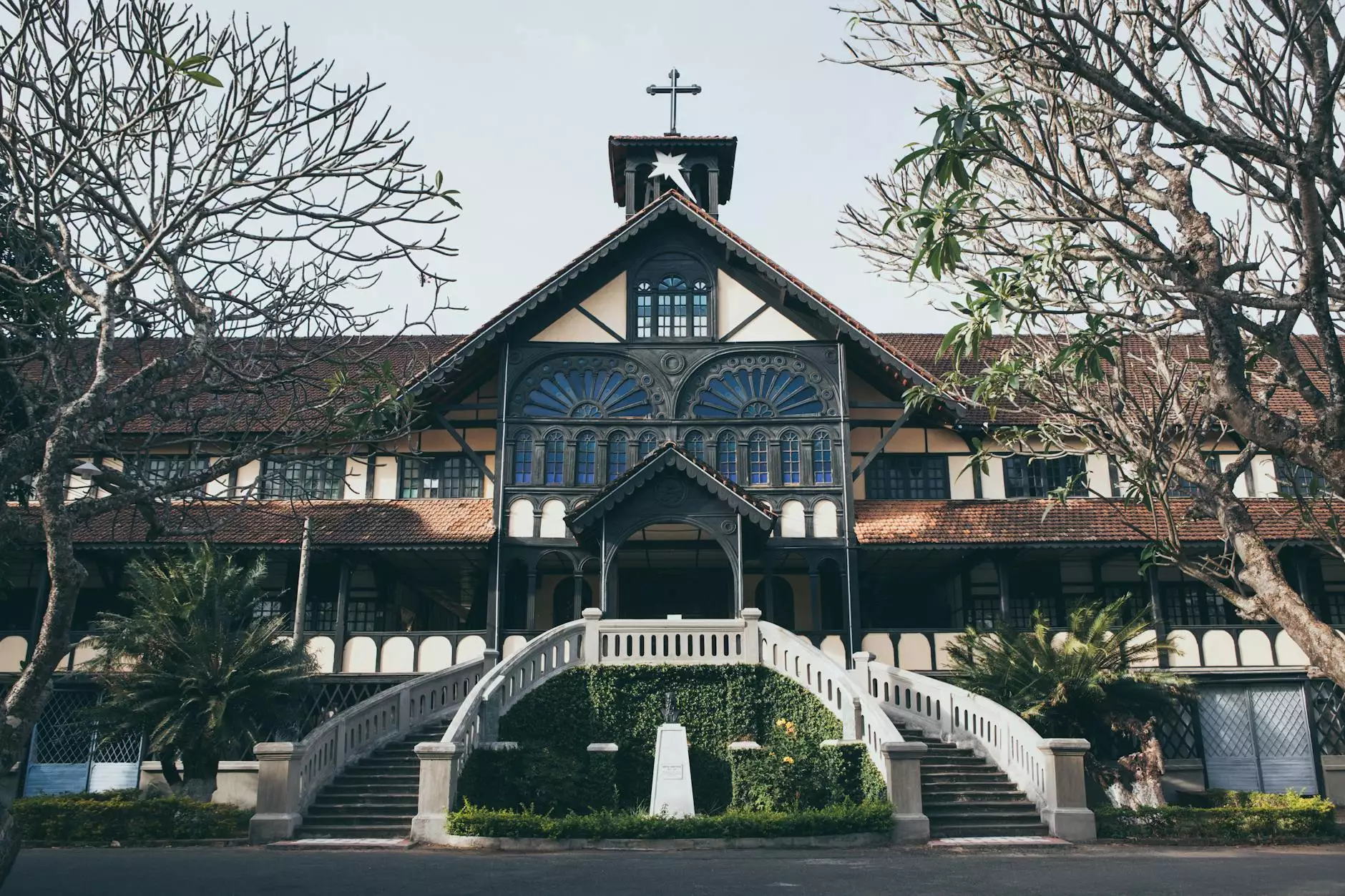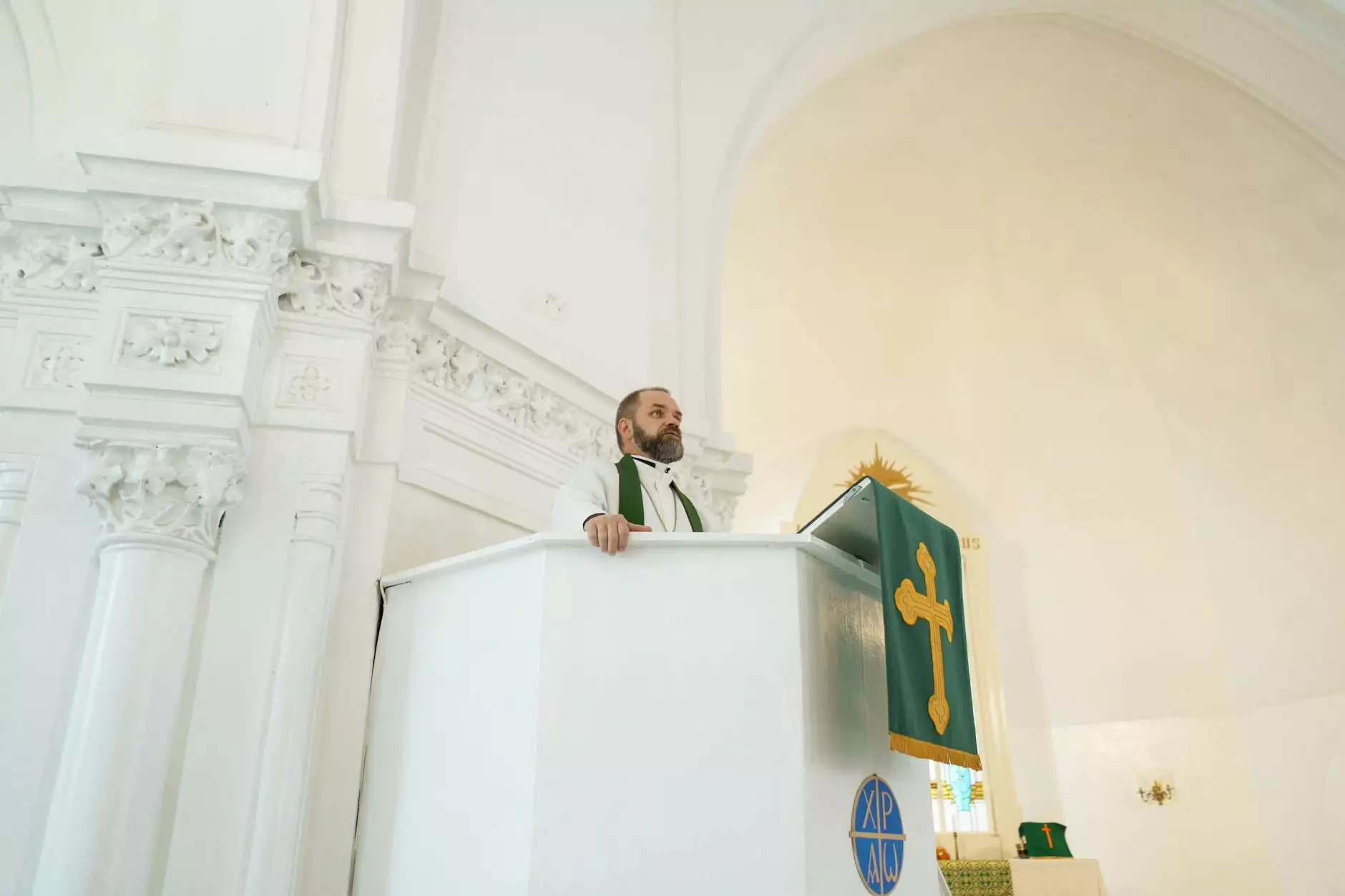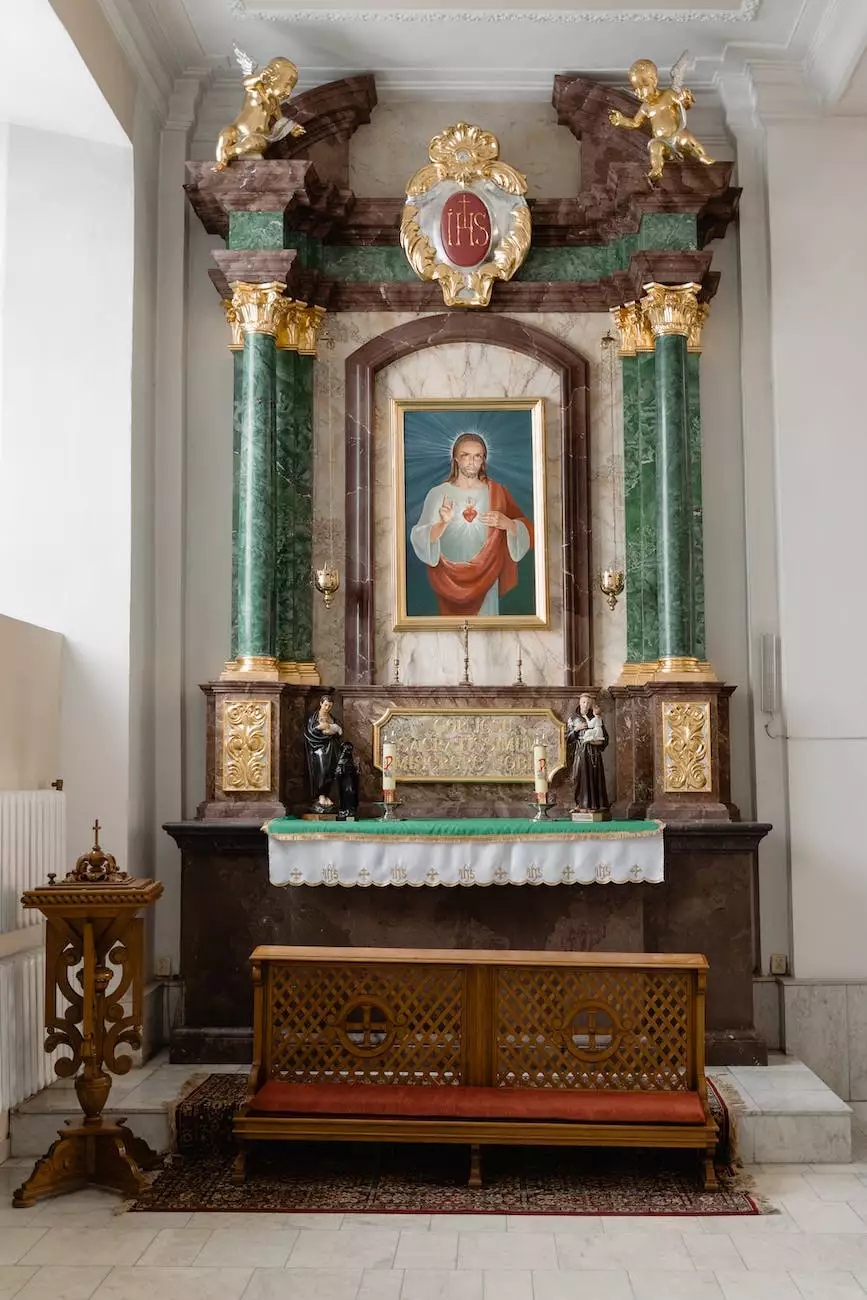What's the difference between a bishop and an apostle?
Church Leadership
Welcome to Lambs Road Tudor Cathedral's comprehensive guide on understanding the distinction between a bishop and an apostle in the realm of faith and beliefs. In this detailed exploration, we will delve into the roles, responsibilities, and significance of these religious figures. Join us on a journey to gain a deeper appreciation and knowledge of the spiritual hierarchy within the community.
The Role of a Bishop
A bishop, commonly known as an overseer or shepherd, holds a high-ranking position in many religious traditions. At Lambs Road Tudor Cathedral, we recognize the bishop as an essential figure in the leadership of the faith community. Bishops are often entrusted with the spiritual guidance and governance of a specific region or diocese. They serve as the custodians of doctrine and tradition, interpreting religious teachings and ensuring their application within their jurisdiction.
Bishops are ordained within the hierarchical structure of their respective religious denominations and are granted the authority to perform sacraments and rites. They act as spiritual mentors, providing guidance and support to clergy, as well as the wider congregation. Additionally, bishops often participate in interfaith dialogues and community outreach, fostering connections and promoting religious tolerance.
The Significance of an Apostle
An apostle, on the other hand, holds a distinct role within the context of faith and beliefs. Stemming from the biblical tradition, an apostle is historically associated with the twelve disciples appointed by Jesus. These chosen individuals were called to spread the teachings of Jesus Christ, acting as his emissaries and witnesses.
While the apostolic office in its original form is believed to have ceased after the martyrdom of the twelve disciples, today the term "apostle" may still be used by certain denominations or spiritual movements to denote individuals who claim to have been divinely commissioned and sent on a specific mission. These individuals are seen as embodying the spirit and teachings of the faith tradition they represent.
Distinctions and Overlapping Roles
The primary difference between a bishop and an apostle lies in their origin, role, and authority. A bishop is appointed by a religious institution to oversee the affairs of a diocese, while an apostle may claim a more personal commission from a higher spiritual power. It is important to note that not all religious traditions recognize the same understanding or hierarchy when it comes to these roles.
Although distinct, there can be overlapping responsibilities between bishops and apostles within certain religious contexts. Some bishops may claim apostolic succession, tracing their lineage back to the original apostles. In such cases, the bishop's role encompasses both the traditional functions of a bishop and the spiritual authority associated with an apostolic lineage.
Exploring Similarities and Common Ground
While understanding the differences between a bishop and an apostle is valuable, it is equally essential to recognize the common ground they share. Both figures play vital roles in preserving and disseminating religious teachings, fostering spiritual growth, and promoting unity within their faith communities.
At Lambs Road Tudor Cathedral, we embrace the richness of religious diversity and encourage open dialogue to deepen our collective understanding of faith. Whether you find inspiration in the guidance of a bishop or seek the spiritual enlightenment associated with an apostle, our community strives to provide a nurturing environment for all seekers of truth.
Conclusion
In conclusion, the distinction between a bishop and an apostle lies in their origin, role, and authority within the realm of faith and beliefs. While a bishop assumes responsibility for overseeing a specific region, diocese, or congregation, an apostle may claim a more personal commission from a higher spiritual power. At Lambs Road Tudor Cathedral, we celebrate both the unique contributions and shared goals of these important figures, fostering an atmosphere of understanding and respect to nurture the spiritual well-being of our community.




